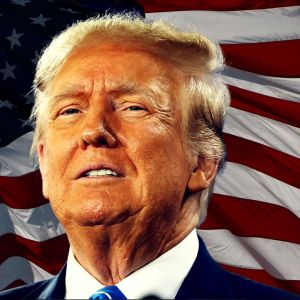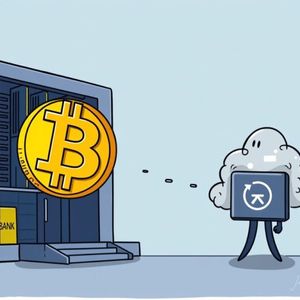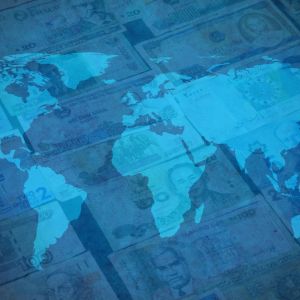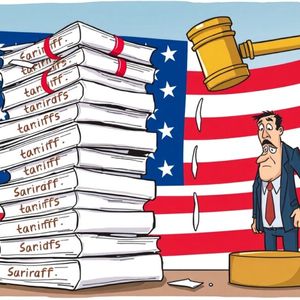A U.S. appeals court on Friday found that most of Donald Trump’s tariffs violate the law, weakening a key piece of the Republican president’s trade strategy. The panel left the levies in place until October 14 so the administration can seek review by the U.S. Supreme Court. Soon after the decision, Trump said in a Truthsocial post that the tariffs remain in place and vowed to keep them despite the ruling. He argued the appeals court was wrong and predicted the Supreme Court would ultimately side with his administration. He warned that ending the tariffs would hurt the U.S. economy, saying they are needed to counter large trade deficits and what he calls unfair foreign tariffs and non-tariff barriers. He said the measures protect American manufacturers, farmers, and other workers. Tariffs have been central to Trump’s foreign policy in his second term. He has used them to press trading partners and to seek new terms on goods sold into the United States. The steps have given Washington leverage for economic concessions, while also adding to market swings. Court says emergency law does not include tariff powers In its opinion, the court said the emergency statute the administration relied on does not grant taxing power . “The statute bestows significant authority on the President to undertake a number of actions in response to a declared national emergency, but none of these actions explicitly include the power to impose tariffs, duties, or the like, or the power to tax,” the court wrote as per Reuters . The case was decided by the U.S. Court of Appeals for the Federal Circuit in Washington, D.C. The panel reviewed the legality of what Trump has called “reciprocal” tariffs announced in April as part of his trade fight, as well as a separate round from February aimed at China, Canada and Mexico. The ruling does not touch measures issued under other laws, including the administration’s tariffs on steel and aluminum imports. Trump defended both rounds, and newer ones, under the International Emergency Economic Powers Act, which allows a president to address “unusual and extraordinary” threats during national emergencies. The judges concluded that Congress did not grant tariff authority when it passed that law. “It seems unlikely that Congress intended, in enacting IEEPA, to depart from its past practice and grant the President unlimited authority to impose tariffs,” the opinion said. “The statute neither mentions tariffs (or any of its synonyms) nor has procedural safeguards that contain clear limits on the President’s power to impose tariffs.” Passed in 1977, the law has been used to impose sanctions or freeze assets, not to set border taxes. Trump is the first president to invoke IEEPA for tariffs, saying the steps were needed because of trade imbalances, reduced U.S. industrial strength and the flow of drugs across borders. Justice Department argued emergency powers allow trade restrictions The Justice Department argued in court that IEEPA’s emergency powers include the ability to “regulate” imports or stop them entirely, which in its view permits the use of duties. Trump declared a national emergency in April, citing decades of trade deficits and arguing that continued shortfalls weaken U.S. manufacturing and military readiness. He said the February tariffs on China, Canada and Mexico were justified because those governments were not doing enough to curb illegal fentanyl reaching the United States, a claim the three countries have rejected. The appeals court ruled on two cases at once. One filed by five small U.S. firms and another from 12 Democratic-led states. Both challenged the use of IEEPA for tariffs. They said the Constitution assigns Congress, not the president, the power to levy taxes and tariffs, and that any handoff of that power must be clear and limited. Another federal court in Washington has also concluded that IEEPA does not authorize Trump’s tariffs, and the government has appealed that decision. In all, at least eight lawsuits have been filed against the administration’s tariff program, including one brought by the state of California. Get up to $30,050 in trading rewards when you join Bybit today














